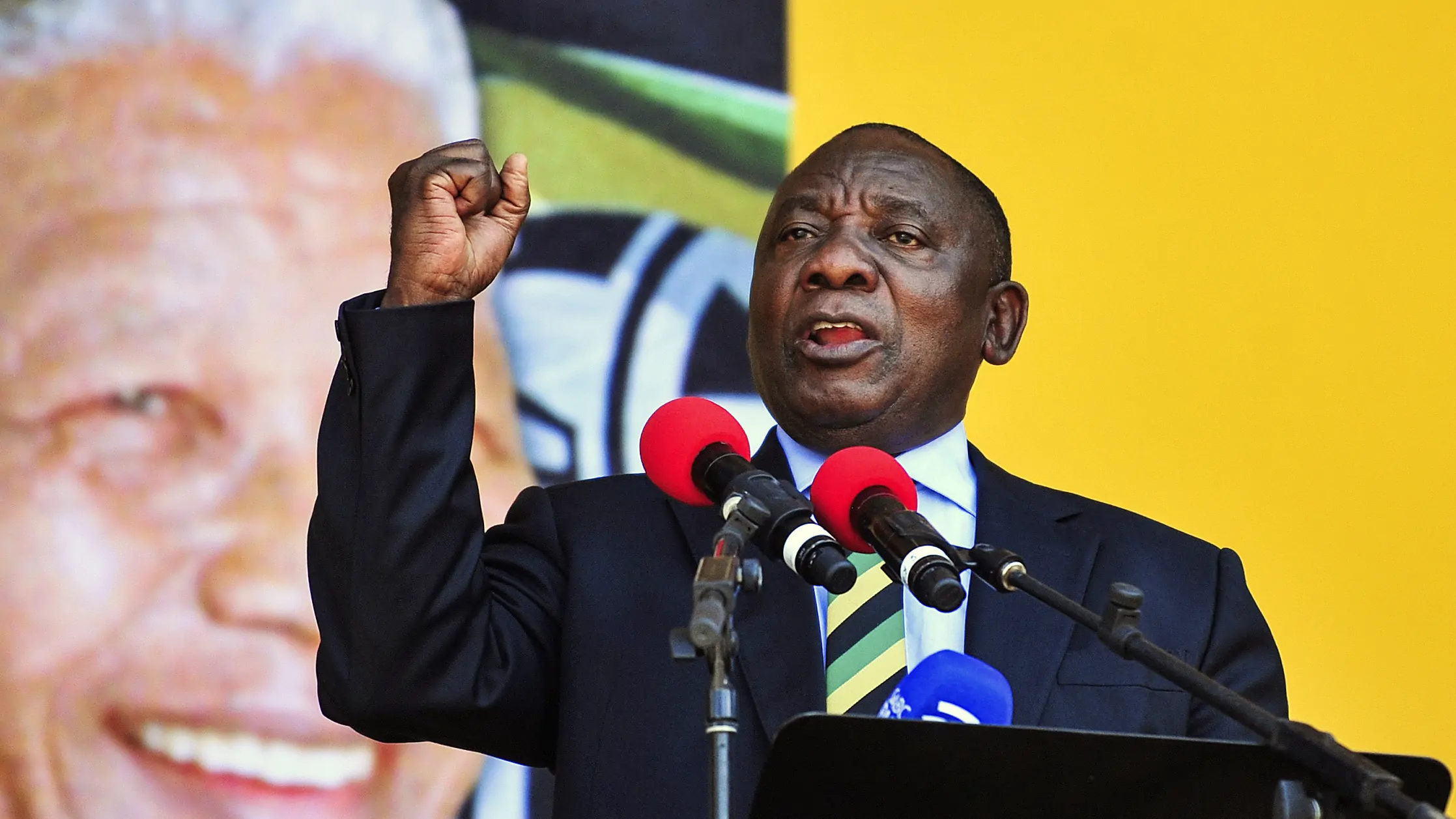
President Cyril Ramaphosa has voiced his concerns regarding the persistent issue of high dropout and repetition rates among learners in South Africa, urging stakeholders in the education sector to step up efforts to address these challenges. His remarks came during the opening of the 2024 Basic Education Sector Lekgotla Conference held at the Birchwood Conference Centre in Boksburg.
Under the theme “Equipping learners with knowledge and skills for a changing world,” the conference aims to delve into the progress made within the education sector, particularly focusing on developments achieved over the last decade. President Ramaphosa acknowledged the significant progress towards universal access to basic education, currently standing at an impressive 98%. However, he highlighted the continued prevalence of high dropout and repetition rates as unacceptable.
Various socioeconomic factors such as poverty, youth criminality, teenage pregnancy, and community violence were identified by the President as contributing to these challenges. Additionally, the responsibility placed on young people to care for elderly family members also plays a role in learner dropout and repetition.
To address these obstacles, the government has been actively pursuing pro-poor policies aimed at systematically tackling the multifaceted factors impeding progress in basic education. These policies include the establishment of non-fee-paying schools, with 80% of schools in the country not requiring fees. Furthermore, initiatives such as the national school nutrition program, provision of free textbooks, scholar transport, and child support grants are provided to over 9.6 million children by the Department of Social Development.
President Ramaphosa commended the collaborative efforts aimed at providing educational assistance to areas with the highest needs, affirming the government’s commitment to enhancing the educational landscape and ensuring equal opportunities for every child in South Africa.
In line with Nelson Mandela’s vision of education as a powerful tool for change, the President emphasized the importance of preparing learners for success in a rapidly evolving global context. This commitment is demonstrated through initiatives like the Three-Stream Curriculum Model, which incorporates technical, vocational, and occupational subjects into basic education, aligning with the nation’s skill requirements and economic objectives.
Looking ahead, the government plans to expand the occupational stream into the Further Education and Training Phase in the coming year, underscoring its commitment to leave no learner behind.
Early Childhood Development (ECD) also remains a key priority, with the government unveiling the 2030 Strategy for ECD Programmes to achieve universal access to quality ECD programmes by 2030. President Ramaphosa emphasized the importance of investing in quality teachers, highlighting their role in fostering the skills, knowledge, and competencies needed for economic growth.
The recent hosting of the 14th International Teacher Task Force Policy Dialogue Forum reiterated the significance of qualified teachers in achieving sustainable development goals and supporting Africa’s Agenda 2063. The President pledged continued support for teachers, recognizing them as pivotal figures in the ongoing revolution in basic education.
Furthermore, President Ramaphosa stressed the importance of mother tongue instruction as a cornerstone of educational reforms, essential for decolonizing education and promoting inclusivity. He underscored the urgent need to transform language from a tool of subjugation to a bridge for empowerment, aligning with global endorsements of mother tongue instruction as a strategy for addressing literacy challenges.
In conclusion, President Ramaphosa called for intensified efforts to ensure all children have equal access to quality education, emphasizing the importance of qualified teachers, adequate learning resources, and safe, conducive learning environments. By prioritizing these initiatives, South Africa can work towards realizing Mandela’s vision of education as a means to empower individuals and transform societies.
This website uses cookies.